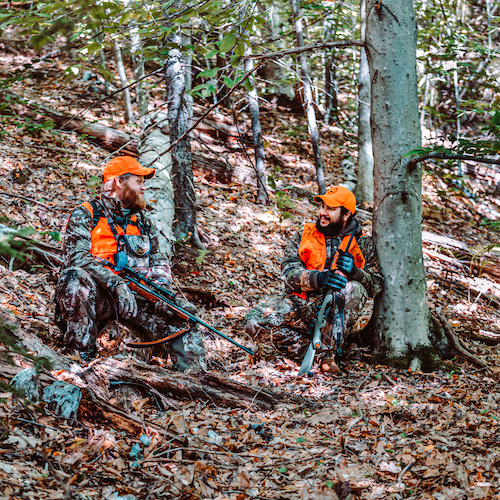
|
The Vermont Fish and Wildlife Department encourages hunters to voluntarily use non-lead ammunition.
“Choosing non-lead ammunition is a smart choice for hunters,” said Fish and Wildlife Commissioner Jason Batchelder. “Avoiding lead bullets and shotshells is beneficial to wildlife and safer when we put game on the table.”
Lead bullets scatter lead fragments well beyond the point of entry as they expand. These fragments can be ingested by wildlife when they scavenge carcass remains or gut piles. Even small amounts of lead can cause health problems and death for wildlife, especially for birds such as bald eagles, crows, ravens, and vultures that feed on these remains.
Lead is also a proven human health concern, and lead particles in game meat are often too small to detect by sight, feel or taste.
“Finding non-lead ammunition used to be difficult because it was not widely manufactured,” said Batchelder, but non-lead big game ammunition with copper or copper alloy bullets is now produced by most ammunition companies, and it provides consistent expansion as well as excellent weight retention and penetration. It does cost a little more, but it is a healthy choice.”
Non-lead shotgun shells have been required by the U.S. Fish and Wildlife Service for waterfowl hunting since 1991.
To learn more about switching to non-lead ammunition, visit the North American Lead-Free Partnership online.